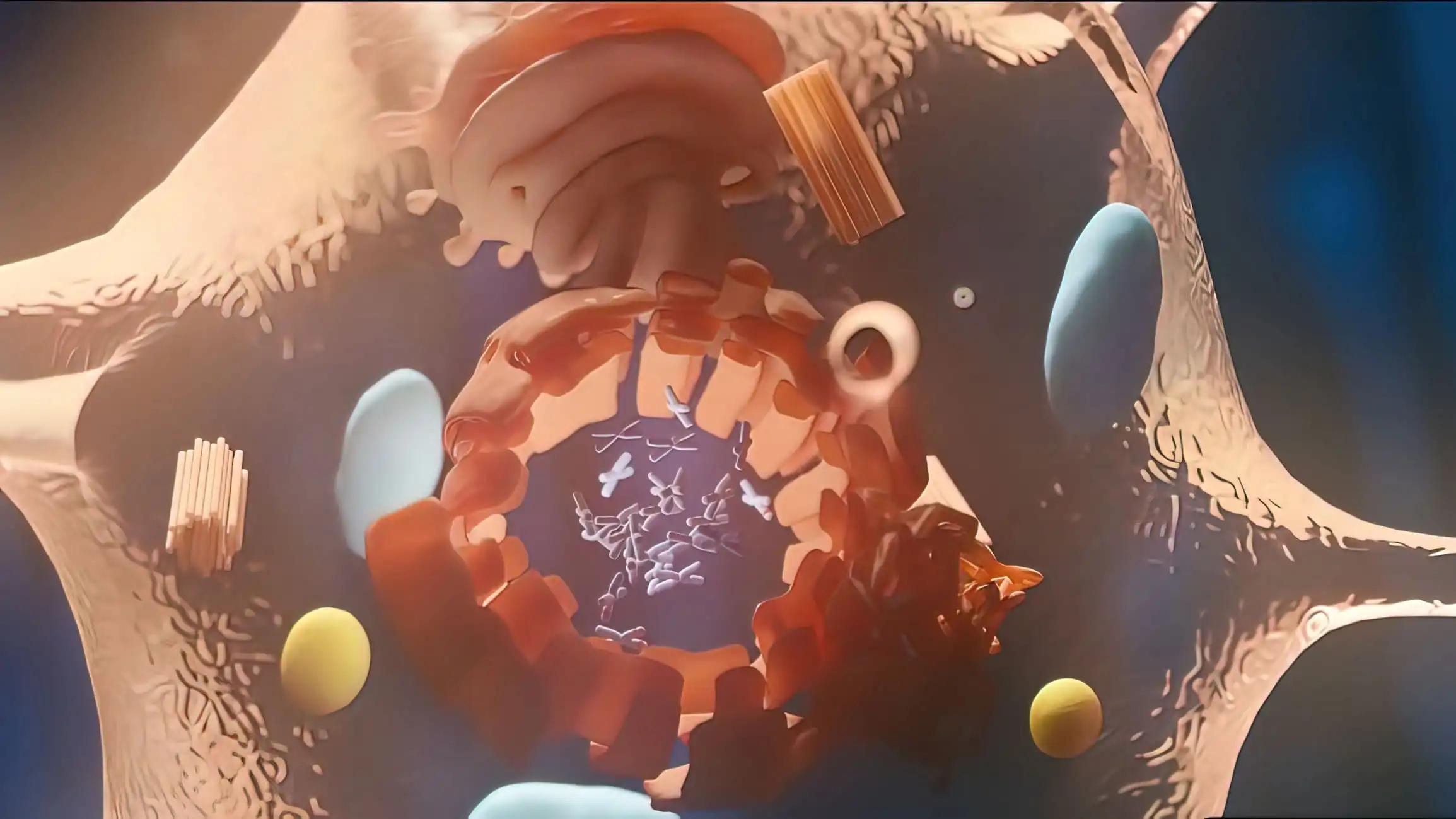KEY TAKEAWAYS
- This is a Phase 3 SOLAR-1 trial that evaluated the efficacy of the combination of ALP and FUL compared to the combination of placebo.
- The study involved retrospective NGS testing of 398 baseline tissue samples from patients with hormone receptor-positive, HER2-negative advanced breast cancer.
- The combination of ALP and FUL showed superior efficacy in patients with PIK3CA-altered tumors, regardless of their TMB quartiles.
- The distinctive mutational profile of PIK3CA-altered tumors did not impact the benefit of ALP and FUL in patients diagnosed with hormone receptor-positive, HER2-negative advanced breast cancer.
- The combination showed superior efficacy in patients with PIK3CA-altered tumors, regardless of their TMB quartiles and alternative genes in the MAPK and PI3K pathways.
PIK3CA mutations (mut) are associated with an unfavorable prognosis in patients with hormone receptor-positive, HER2-negative advanced breast cancer (ABC), with a prevalence of approximately 40%. The SOLAR-1 clinical trial demonstrated that the combination of ALP (a selective inhibitor and degrader of PI3Kα) and FUL improved progression-free survival (PFS) compared to the combination of placebo (PBO) and FUL in patients diagnosed with PIK3CA-mutated hormone receptor-positive, HER2-negative advanced breast cancer. Researchers focused on the efficacy data about gene alterations in the PIK3CA-altered cohort of SOLAR-1. The SOLAR-1 trial was a double-blind, randomized phase 3 study that evaluated the efficacy of ALP (or PBO) + FUL in patients with hormone receptor-positive, HER2-negative advanced breast cancer who had experienced disease progression while on or after receiving an aromatase inhibitor. A total of 398 baseline tissue samples were subjected to retrospective NGS testing using the FoundationOne CDx 324-gene panel. The patients were then categorized based on their PIK3CA-alteration status. The clinical benefit was evaluated through the employment of progression-free survival (PFS) and hazard ratio (HR) in the PIK3CA-alt cohort, taking into account the tumor mutational burden (TMB) and gene alteration status. There was no adjustment made for multiplicity.
The cohorts with PIK3CA alterations (ALP, n = 120; PBO, n = 117) and those without (PI3KCA-non-alt) (ALP, n = 81; PBO, n = 80) exhibited distinct gene alteration profiles. The cohort with PIK3CA alterations exhibited clinical benefit when treated with ALP and FUL, regardless of their tumor mutational burden (TMB) quartiles. The TMB quartiles were categorized as follows: Q1: 0 -<2.52, Q2: 2.52 -<3.78, Q3: 3.78 -<5.04, Q4: ≥ 5.04 mut/megabase. The ALP and FUL treatments exhibited superior efficacy in patients with altered as opposed to unaltered FGFR1/2. The independent benefit of ALP + FUL was observed without any changes in TP53, ESR1, CCND1, MAP3K1, and ARID1A. However, its effectiveness was limited in cohorts with alterations in MYC and RAD21. The ALP + FUL benefit was observed in patients with alternative genes in the MAPK and PI3K pathways, including PIK3CA. The benefit was also associated with CDK4/6 inhibitor resistance. The hazard ratio with a 95% confidence interval versus placebo was 0.43 (0.23 – 0.80) for alternative genes in the MAPK pathway and 0.68 (0.38 – 1.23) for alternative genes in the PI3K pathway, while it was 0.56 (0.40 – 0.79) and 0.48 (0.34 – 0.68) for non-alternative genes in the respective pathways. For CDK4/6 inhibitor resistance, the hazard ratio was 0.52 (0.30 – 0.89) for alternative genes and 0.53 (0.37 – 0.76) for non-alternative genes. The distinctive mutational profile of PIK3CA-altered tumors did not impact the benefit of ALP and FUL in patients diagnosed with hormone receptor-positive, HER2-negative advanced breast cancer. The clinical benefit remained unaffected despite changes in various biomarkers, such as ESR1 and genes associated with resistance to CDK4/6 inhibitors. This is in line with ALP’s targeting of the PIK3CA driver oncogene.
Source: https://meetings.asco.org/abstracts-presentations/209230
Clinical Trail: https://clinicaltrials.gov/ct2/show/NCT02437318
Dejan Juric, Hope S. Rugo, Albert Reising, Chong Ma, Eva M. Ciruelos, Sibylle Loibl, Christian F. Singer, Joohyuk Sohn, Mario Campone, Pierfranco Conte, Hiroji Iwata, Farhat Ghaznawi, Michelle Kristine Miller, Tetiana Taran, Fei Su, Fabrice Andre/Alpelisib (ALP) + fulvestrant (FUL) in patients (pts) with hormone receptor-positive (HR+), human epidermal growth factor receptor 2–negative (HER2−) advanced breast cancer (ABC): Biomarker (BM) analyses by next-generation sequencing (NGS) from the SOLAR-1 study/J Clin Oncol 40, 2022 (suppl 16; abstr 1006) DOI10.1200/JCO.2022.40.16_suppl.1006



